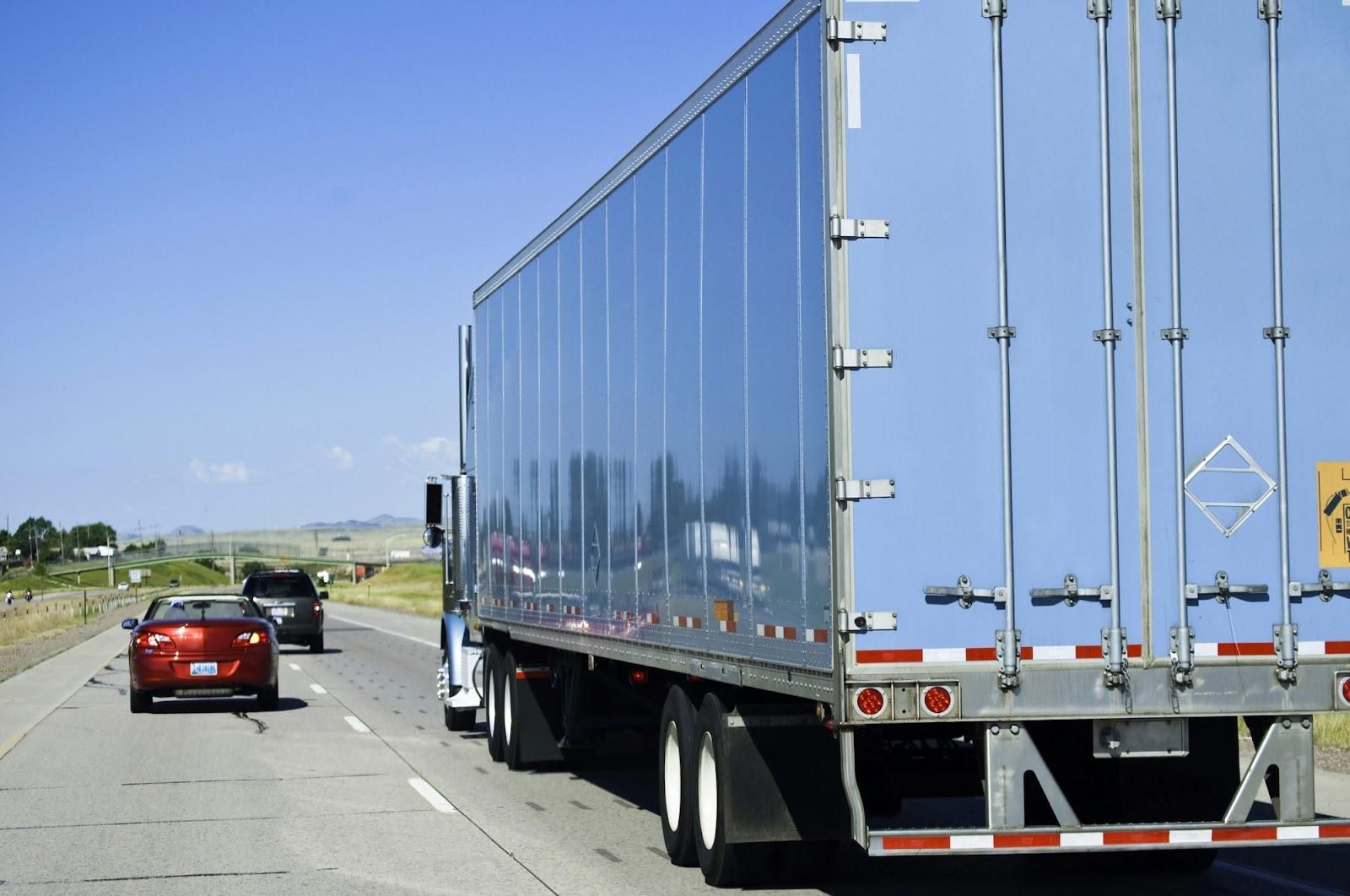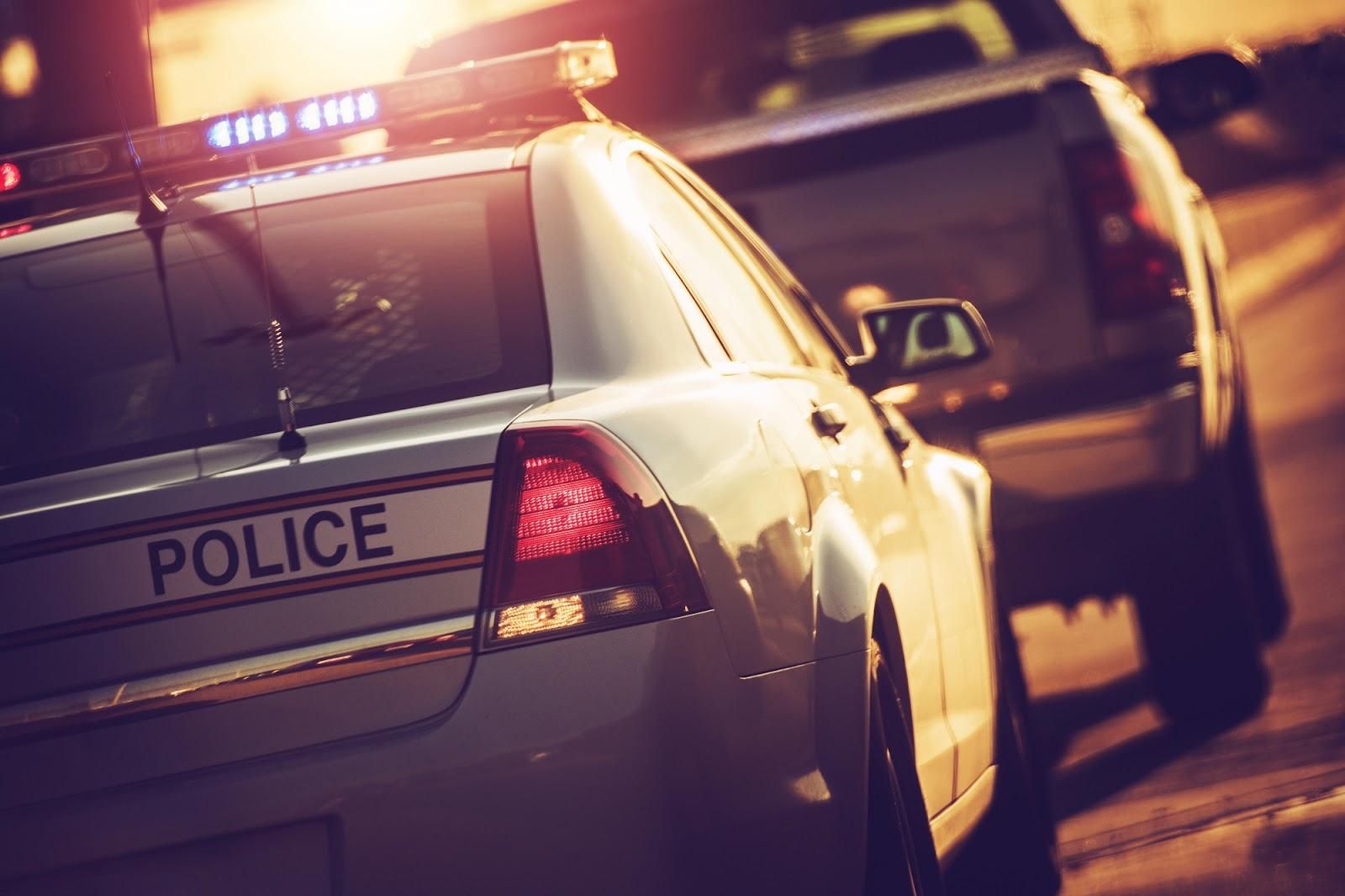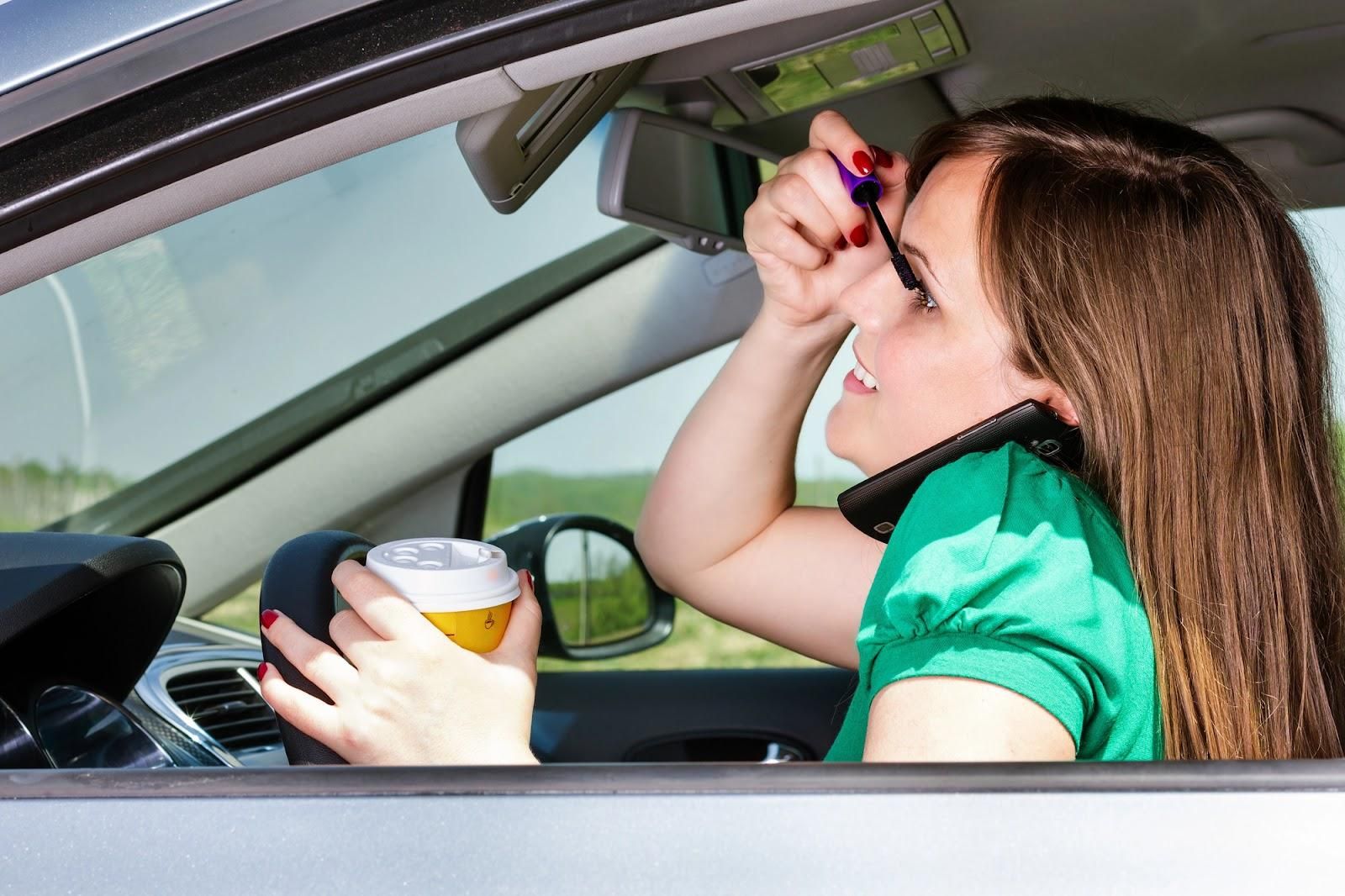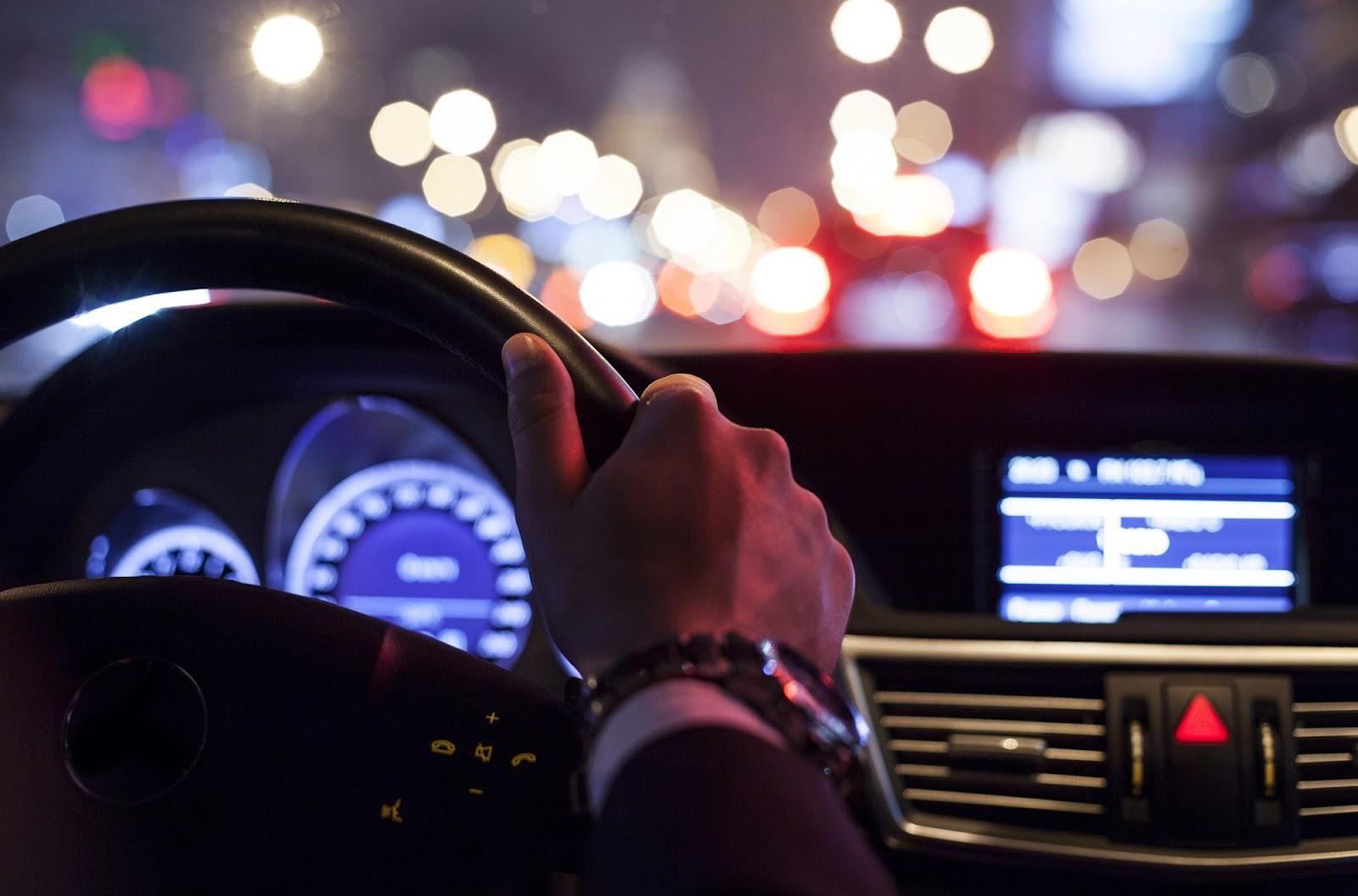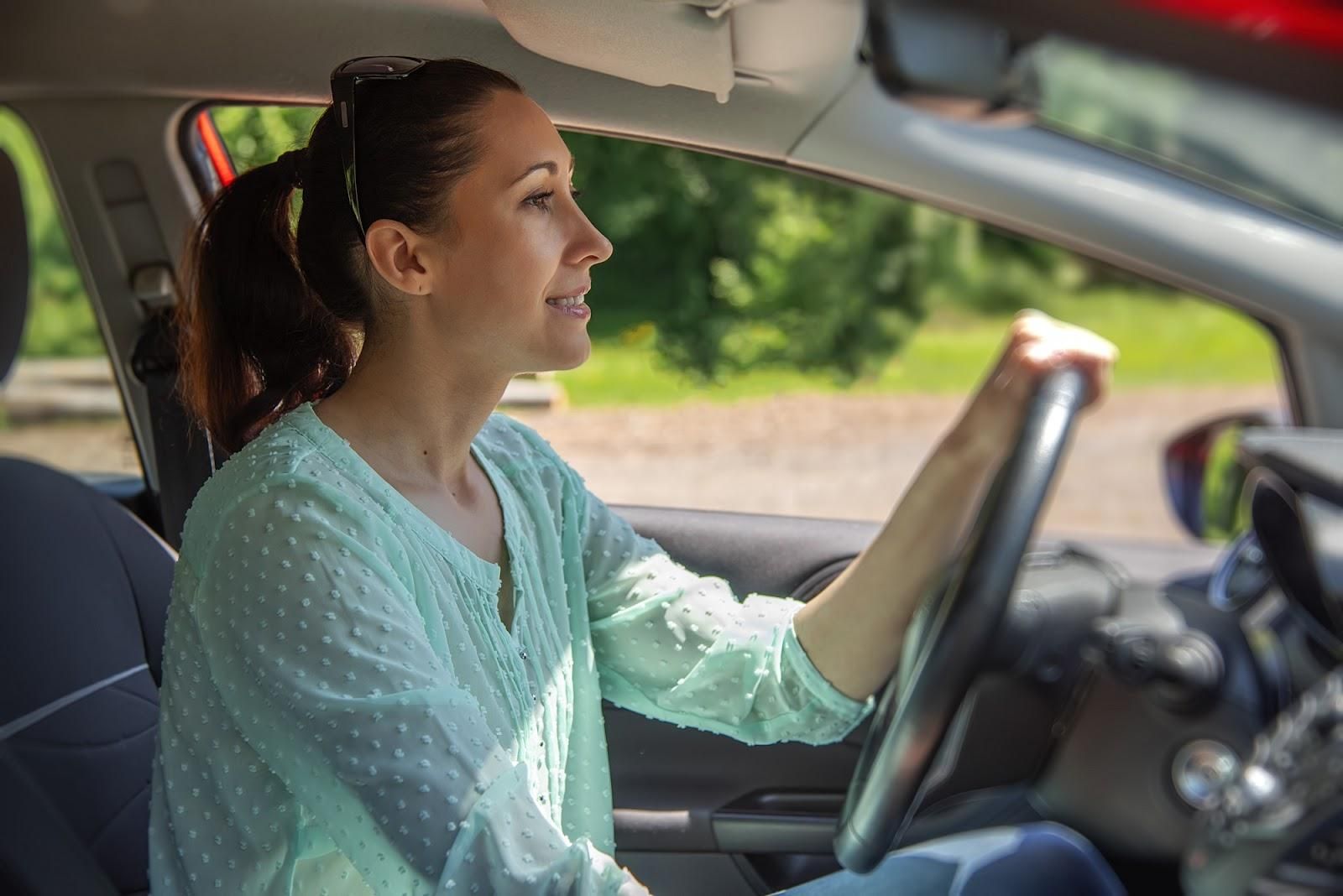Improper Passing Ticket
Passing another vehicle may be such a familiar task that many drivers give it little consideration. However, Virginia maintains a strict code governing when, where, and how a driver may pass another vehicle. Violating any of Virginia’s improper passing statutes can result in a traffic stop and an improper passing ticket, which will then be subject to a fine under the Commonwealth’s Uniform Fine Schedule. While the fines associated with improper passing tickets are not among the heaviest prescribed by law, they are nonetheless inconvenient expenses accompanied by demerit points that remain with the driver’s license for three years, according to the Virginia Department of Motor Vehicles (DMV). If you have received an improper passing ticket in the Norfolk area or anywhere in Virginia, consider scheduling a consultation with an experienced Virginia traffic defense attorney before you admit guilt by paying even a small fine. Call Driving Defense Law today at (757) 929-0335 to discuss your legal options.
How Much Is an Improper Passing Ticket in Virginia?
Most improper passing tickets in Virginia carry a required fine of $30 per violation. The exception to this rule is passing a stopped school bus. Stopped school buses can be especially tempting to pass due to the frequency of their stops and the fact that in many cases their travel hours overlap with morning and evening work commutes. However, passing a stopped school bus poses hazards for a number of reasons – the most obvious being that one of the main reasons for a school bus to stop is to let children board or debark, and as a result a stopped school bus represents an environment in which there is a high probability that children will enter the roadway.
Virginia’s laws take these hazards into account and levy a higher fine for passing a stopped school bus than for other improper passing tickets, as a deterrent to the behavior. Drivers ticketed for passing a stopped school bus under Code of Virginia § 46.2-844 can expect to pay $250 per violation, if they pay the ticket without contesting.
How Long Does Improper Passing Stay on Your Record in Virginia?
Improper passing is listed as two separate three-point violations by the Virginia DMV: improper passing, and improper passing on the right. Both violations are considered three-point violations for the purpose of calculating Virginia’s driver’s license demerit points, and each set of three points will remain on the driver’s points record for three years. Some drivers may be inclined to treat three points as a “minor” violation – but it is important to remember that driver’s license points accrue until they expire, and even a seemingly small infraction can result in significant consequences, such as license suspension, if the driver has already accumulated a substantial points history.
Auto insurance companies, meanwhile, have a financial interest in monitoring the driving records of the auto owners they insure, and frequently raise insurance premiums in response to ticketing and DMV points. If you have received an improper passing ticket in Virginia and you are concerned about your accruing DMV points, you may wish to speak with an attorney from Driving Defense Law who will be familiar with Virginia’s improper passing laws before you commit to paying a fine.
What Is the Definition of Illegal Passing?
Any passing that is proscribed by law will be illegal. The laws that prohibit passing under certain circumstances, or that specify that passing is only permitted under a given set of a conditions, are generally set at the state level, although a few basic principles – such as passing on the left in most situations, while slower-moving vehicles keep to the right – tend to remain broadly true throughout most parts of the United States.
In Virginia, laws governing passing on thoroughfares throughout the Commonwealth are enumerated in a series of statutes under Chapter 8, Article 4, of the Code of Virginia. This article includes provisions for passing stopped vehicles in a variety of settings, for passing on divided and undivided highways, and for passing specific types of vehicles, such as mopeds, bicycles, and stopped refuse collection trucks. The article also specifies the amount of clearance an overtaking driver must give to any vehicle they are passing – two feet, in most cases, and usually to the left of the overtaken vehicle. Violating any of these statutes on a Virginia roadway may result in an improper passing ticket.
Can I Just Pay My Ticket and Not Go to Court?
Individuals who receive tickets for minor traffic infractions, such as improper passing, often wonder if they should simply pay the ticket and avoid the time and inconvenience of a court date. Particularly for the lesser expenses associated with improper passing of vehicles other than school buses, paying the fine can seem like an attractive option compared to the likely expense involved in missing work and commuting to and from the traffic court, especially given the intense traffic experienced in some parts of the state during peak travel times.
However, it is important to remember that the demerit points on a Virginia driver’s license will accrue over time. Even the three demerit points applied for an improper passing ticket can put a Virginia driver in a poor position to receive any future DMV points before those three points “fall off” their license – and a Virginia driver with a recent history of traffic tickets can likely expect a commensurately increased auto insurance premium that may be many times the amount of the initial fine that accompanies the improper passing ticket. For all of these reasons, you may wish to consider speaking with an experienced Virginia traffic defense attorney before making a determination about whether to contest your ticket for improper passing.
Schedule a Consultation With Our Virginia Traffic Defense Team
If you have been ticketed for a passing violation in Virginia, there are several factors you should consider before determining your next steps. Even a simple improper passing ticket establishes a record of moving violations on your Virginia driver’s license, and accrues demerit points with the DMV. If you are accused of the more serious violation associated with passing a stopped school bus, you face a steeper fine and closer scrutiny when you appear in the traffic court that has jurisdiction over your case. In many cases, a seasoned traffic defense lawyer may be able to get moving violation tickets reduced or even dismissed. Whether either will be an option in your particular circumstances may depend on the factors present in your specific case, so consider scheduling a consultation with a Virginia traffic lawyer familiar with these types of tickets, who may be able to help you navigate the traffic court procedures in order to pursue a positive outcome. Contact Driving Defense Law today by calling (757) 929-0335 to speak with one of our experienced attorneys.
